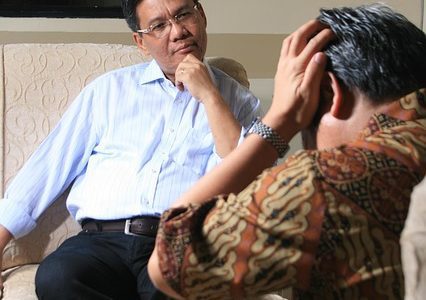By Ken Alltucker, USA Today.
Americans borrowed about $88 billion to pay for health care last year, and one in
four people skipped care because of costs, according to a new Gallup survey funded
by a nonpartisan health group.
The nationwide survey of 3,537 adults found that lower-income adults were more
likely to skip care or fear bankruptcy over spiraling medical costs, but even affluent
households deferred care over concerns about finances.
West Health, a nonprofit coalition funded by Gary and Mary West, commissioned
and funded the Gallup survey to ask Americans how health costs affect their
finances, choices about care and views on the health care system, according to Tim
Lash, West Health’s chief strategy officer.
Lash says worries about financial hardship from medical bills cut across all income
levels.
“Lower-income brackets had the most fear,” Lash says. But that fear persisted even
for those we would associate with the middle class and upper-middle class. It’s not
just those living at or slightly above the poverty line that are concerned. It’s even the more
affluent among us.”
The telephone survey was conducted Jan. 14 to Feb. 20 among insured and
uninsured adults in 50 states and the District of Columbia. The margin of error
ranged from plus or minus 1.2 to 2.1 percentage points.
About one in eight people said they borrowed to pay health costs for themselves or a
family member, says Dan Witters, a Gallup senior researcher.
Based on more detailed questions among people who used credit or other forms of
borrowing, Gallup estimated 2.7 million Americans borrowed at least $10,000, and
an additional 1.6 million borrowed more than $5,000.
Gallup estimated that Americans collectively borrowed $88 billion to pay for health
care over the past 12 months.
If that estimate is correct, Americans borrowed 2.5% of the nation’s total $3.5 trillion
in health spending in 2018.
Benedic Ippolito, an American Enterprise Institute research fellow and health
economist, says Americans often think medical debt is different from other types of
debt.
Ippolito’s research released last year found that one in six Americans have a past-
due medical bill on their credit report. More than half of those bills were for less
than $600, and young adults were more likely to have an unpaid medical bill than
older adults even though older adults typically spend more on health care.
“It’s just so low-priority relative to paying the mortgage, the car, they simply don’t
pay it,” Ippolito says. “Not because they couldn’t but because it is not as important.”
The Gallup survey revealed that people often don’t know what they will pay for care
at a hospital or for outpatient surgery. About one in three adults reported that
doctors discussed cost before ordering a recommended drug or procedure.
In addition to questions about personal finances, the Gallup poll asked people how
they view the American health care system’s quality and whether Congress can
effectively rein in medical prices.
Survey respondents who identified as Republican were more likely than Democrats
to say U.S. health quality was the best or among the best in the world.
But two-thirds of Republicans and Democrats were not at all confident that
Congress could achieve a bipartisan solution to lowering health costs.
Lash says informing the public about health costs must include a discussion on
quality.
“Too many Americans justify the high cost we’re spending with this false belief that
it’s justified because of the outcomes we’re getting.” Lash says. “Perhaps displacing
that myth, we’ll get more engagement and a little more commitment to advancing
smart policies.”
Apr. 2, 2019

